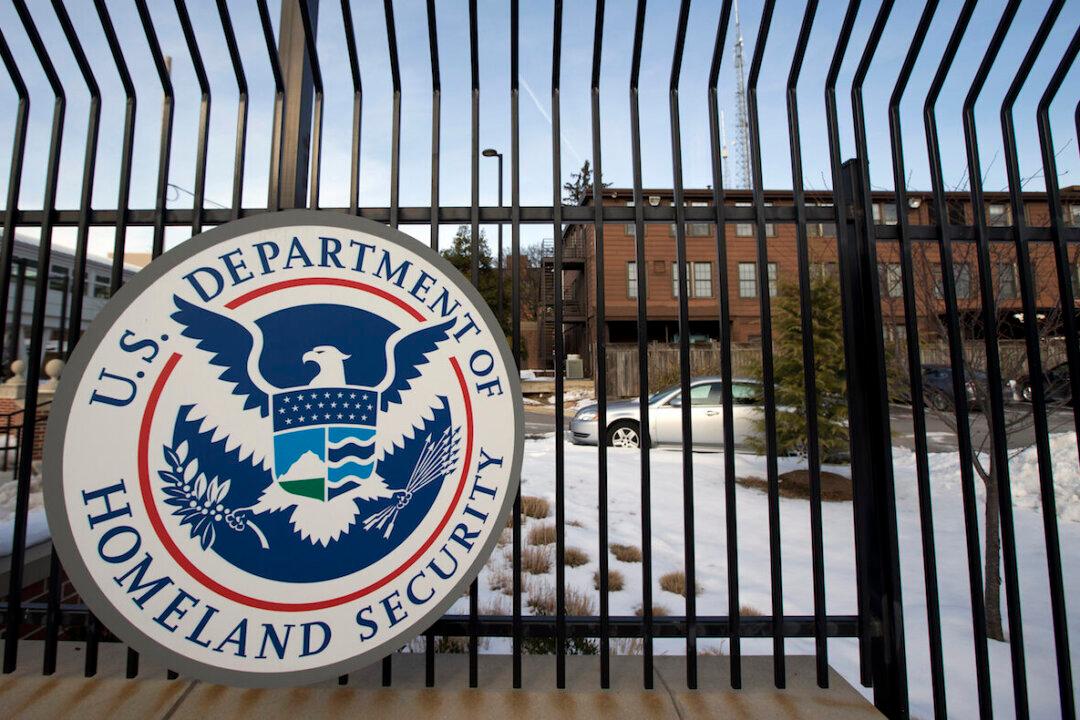In an effort to protect America’s higher education institutes from foreign exploitation, a bipartisan group of House Representatives is encouraging the U.S. Department of Homeland Security (DHS) to re-engage a forum for discussion between homeland security officials and academic experts.
In Feb. 11 letter to Acting Homeland Security Secretary Chad Wolf, 13 Republican and 38 Democratic lawmakers said DHS should “expand the department’s outreach” to American colleges and universities through the Homeland Security Academic Advisory Council (HSAAC), a forum for DHS and the higher education community to discuss overlapping interests.





